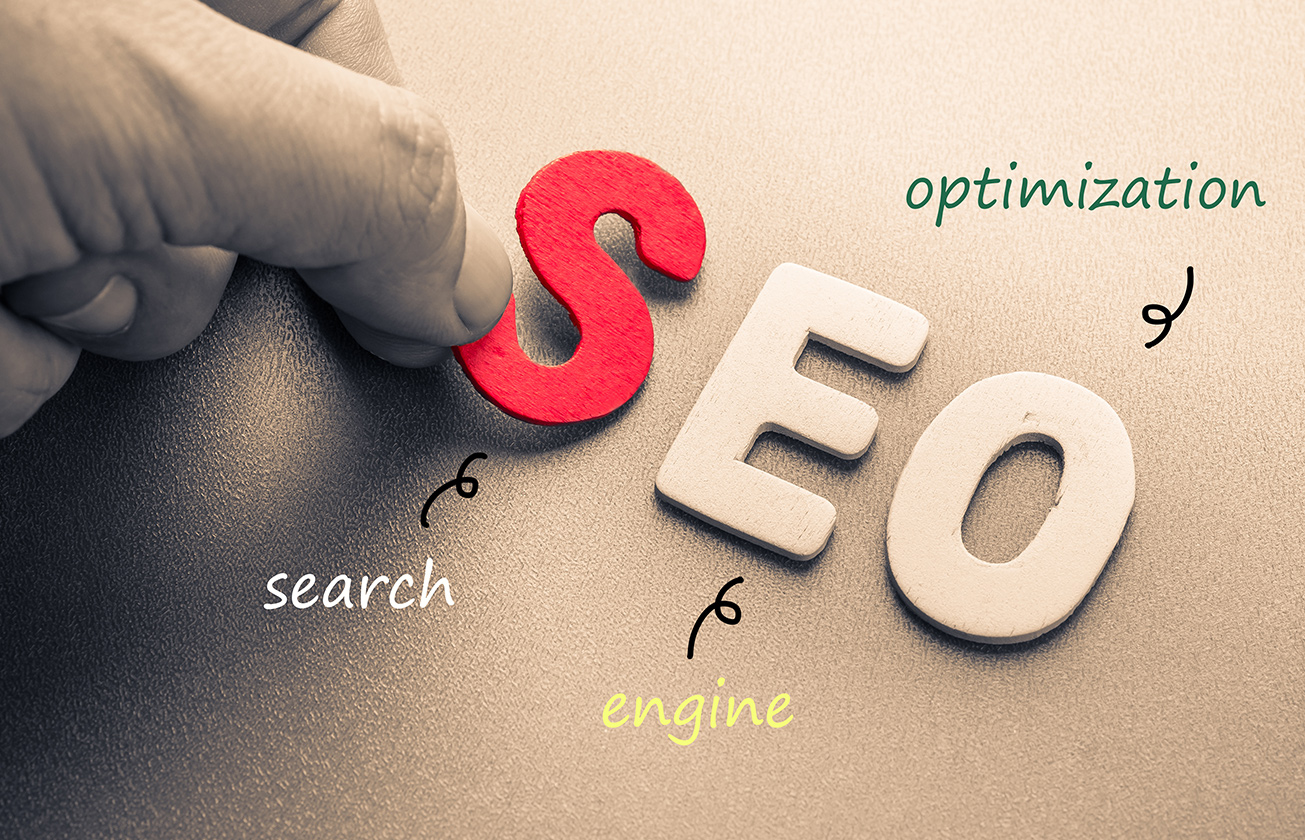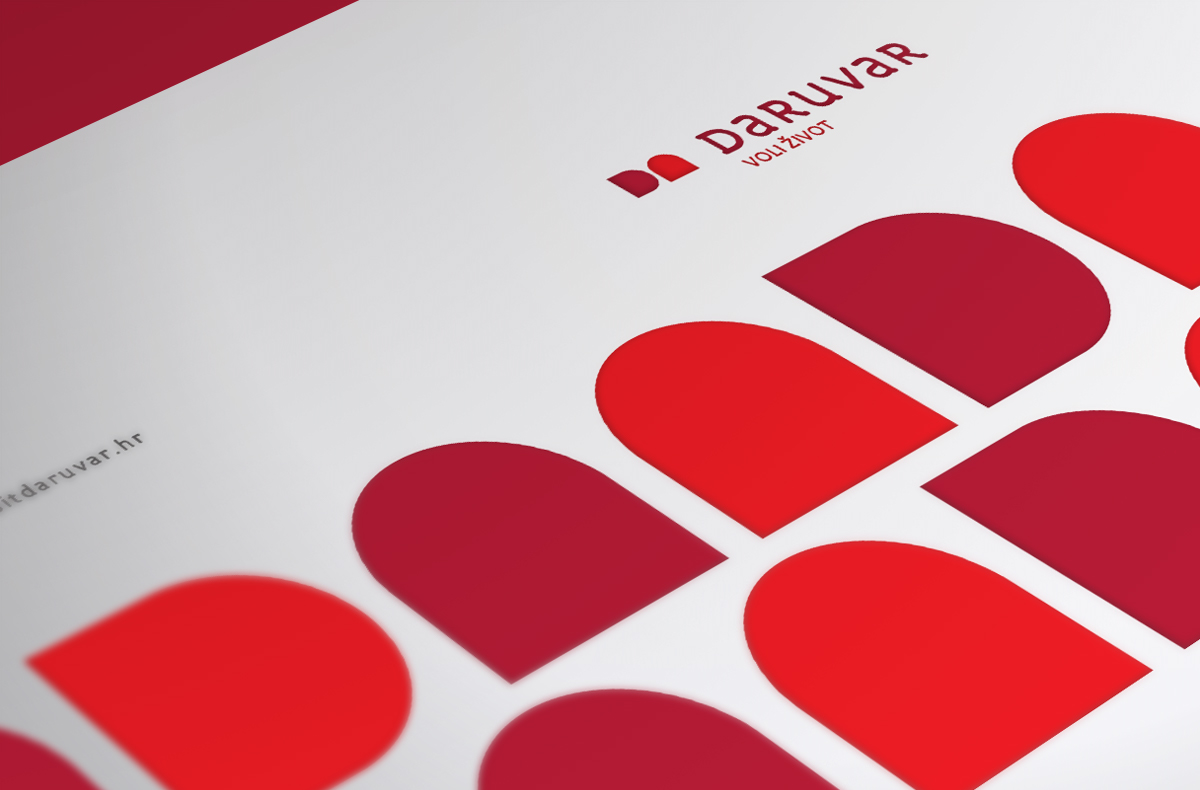SEO myths you should avoid
Every company wants a deserved place on the first page of Google, if not the first place. Digital agencies, such as Logic, can often help.

There is a well-known maxim that says what is not on the first page of Google – it does not exist. The ways to get to the first page are pretty straightforward but are constantly changing.
That’s why there’s an insatiable need for SEO experts to track every Google update and adjust your SEO strategy accordingly.
But you probably know all this; you are here because of the SEO myths you should avoid!
We were surprised when we realized during conversations with our clients and colleagues about search-engine optimization how many myths are still prevalent, so we decided to address some myths we once believed.
We don’t think you should blame us for this, Google’s algorithms change almost daily, and you shouldn’t be surprised if this article is updated with new myths in half a year from now.
SEO is constant competition with other firms, and if they know how to avoid these myths and you don't – guess who will get that all-important click?
Myth #1: Links are more important than content
Our first myth comes from a past SEO practice where the greater focus was on creating (unnecessary) links for a better position on Google, while the content was just an excuse to create new links.
The method we are talking about is backlinking, and it is still quite important for SEO, but there are different ways to create those links.
While thousands and thousands of irrelevant and unrelated backlinks were being created at once (and still are, in some cases), that time is over.
Despite this, some inexperienced SEO practitioners have not received the message that great content and naturally created links are the only correct way to achieve a better position on Google.
The reason for this is that Google discovered the exploitation of algorithms and banned the practice of pumping links through updates. Read more about Black Hat links here. Unfortunately, if you don’t have time to read, we can only tell you to avoid them because you risk a complete ban on Google search engines.
Myth #2: Social network activity has nothing to do with search engine optimization
Ok, we admit, this myth is technically correct. Likes, shares, and views do not help SEO ranking, but there are other benefits.
Sharing content on social media increases the desired click-through rate (CTR).
The logic is clear, higher content awareness leads to higher CTR, and higher CTR leads to a higher position on Google search engine.
CTR is, of course, important because it communicates to Google that the content on the page is relevant and high quality, which of course, leads to a better position when the user searches for a specific term related to your website.
Myth #3: Images do not need to be optimized
This myth is more or less forgotten, but still appears in the remarks like- "What alt text? I don't need it."
Yes, you need it!
Google uses every text you associate with an image to help its algorithms understand what’s in the picture. Unfortunately, this means that alt text is also needed, which eases access for people with impaired vision and other disabilities.
This means that this text should be descriptive, and not filled with keywords, because there can be over-optimization. After all, that comes with (you guessed it) - penalties!
Myth #4: Keyword targeting doesn't matter
This myth became very common after Google’s Hummingbird update. It's clear to see why!
Ok, keywords still matter, but not like they used to. They still appear in the SERP, but each subsequent update of Google's algorithm aims to refine the search intent and reduce the focus on keywords.
No! No! Listen to us, don't drop your keywords - yet!
There is no longer a need to unnecessarily fill the content with huge keywords, but the most important thing is to write quality content that will be exactly what the end-user needs when searching Google.
And you just add relevant keywords. And voila - a great SEO strategy.
Myth #5: Meta tags don't affect your position on Google
As with myth #2, this myth is technically accurate. Meta tag keywords don't necessarily affect position, but that doesn't mean they don't matter.
If you are unfamiliar with them, meta tags are used to structure the metadata of a website.
This applies primarily to title tags, meta descriptions, and meta keywords or phrases.
Although Google does not use meta tags for ranking, they are still important because they tell algorithms what the content on that page is all about. Also, by using meta tags you can get a few more clicks given that good structuring of meta elements is a great help to the user searching Google
And in the end...
... these are not all the myths, but they are the most common we have come across. As we mentioned in the introduction, this post is likely to be updated depending on Google’s changes to algorithms that will change over time and how we optimize websites.


